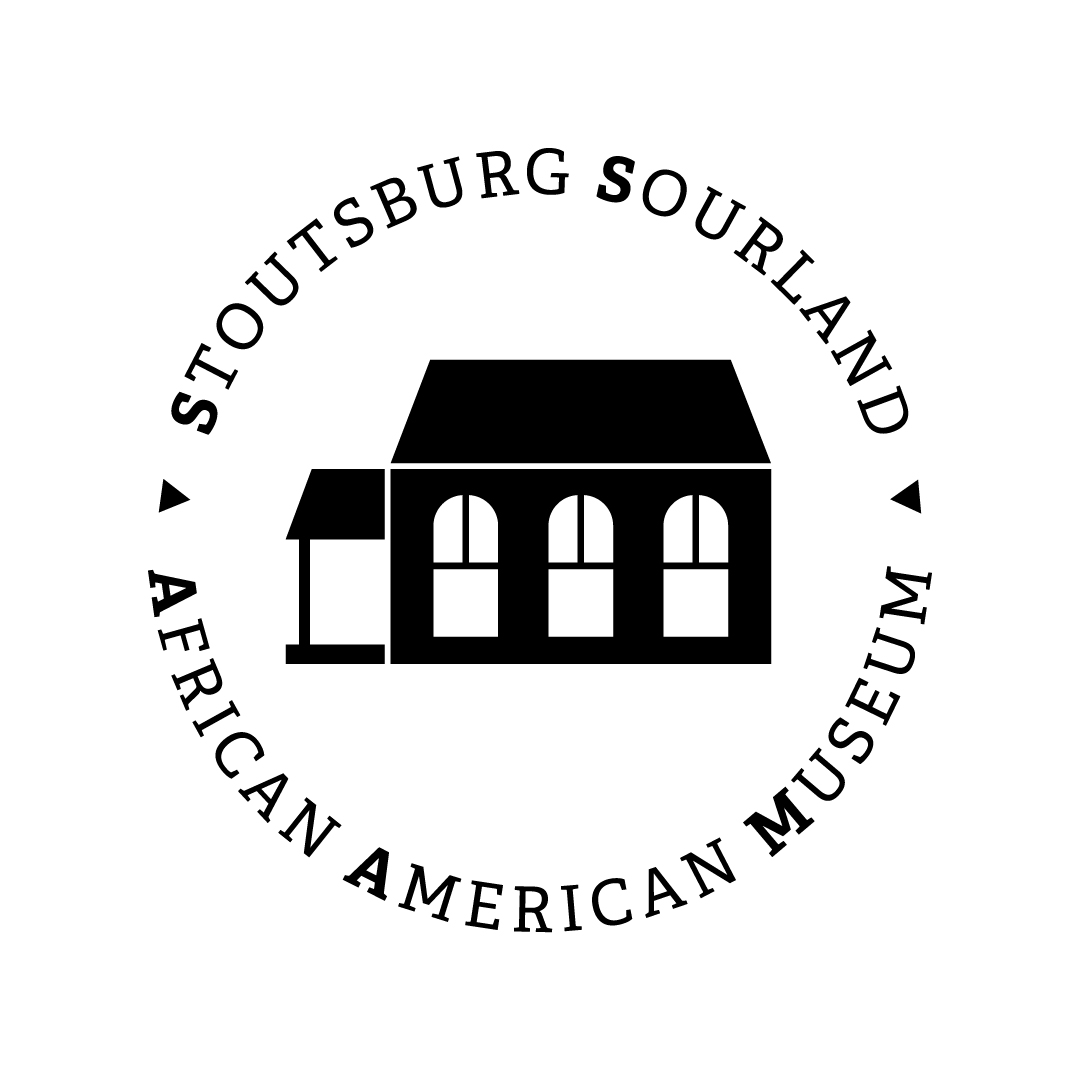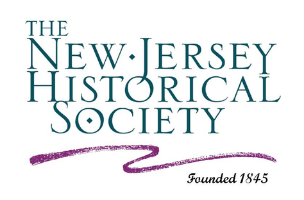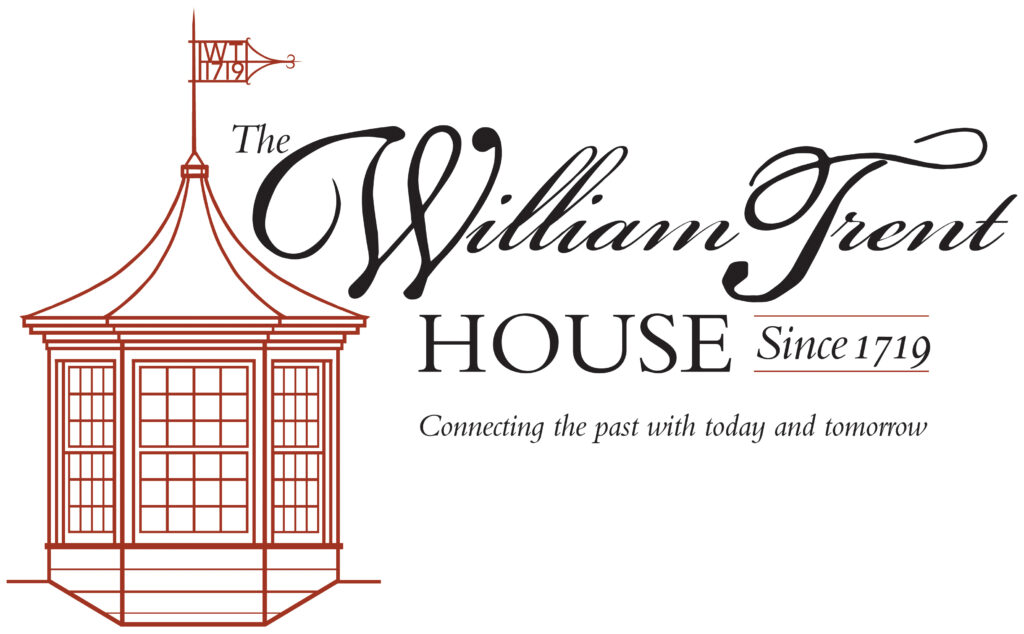Linda J. Caldwell Epps, Ph.D. founded 1804 Consultants to advance educational and cultural organizations. She and her colleagues at the firm are passionate about the humanities as a path to cultural understanding among diverse populations. Their experienced team of educators assists clients who want to develop effective programs to advance your organization.
The New Jersey Historical Society collects, preserves, teaches and interprets New Jersey history through archives, research library and educational programs. The Society was founded in 1845 in Trenton by intellectual and business leaders of New Jersey. In 1846, the Society relocated to Newark and has been there ever since. It now occupies the former headquarters of the Essex Club, built in 1926 and on the National Register of Historic Places. There it houses a museum and library and offers educational programs.

The Stoutsburg Sourland African American Museum was born out of decades’ worth of research conducted by two of its advisory board members, Beverly Mills and Elaine Buck. Both women serve on the Stoutsburg Cemetery Association board and their research began as a quest to establish Stoutsburg as the official burial place for private William Stives, a Revolutionary War veteran and one of the first African American settlers in the Sourland Region. The Stoutsburg Sourland African American Museum will be the only museum of its kind in Central New Jersey. Its focus will be on educating patrons about the unique culture, experiences, and contributions of the African American community living in the Sourland Mountain Region.
The William Trent House is a designated National Historic Landmark and is listed in both the State and National Registers of Historic Places. The House is located in the Crossroads of the American Revolution National Heritage Area and the Washington-Rochambeau Revolutionary Route National Historic Trail as well as the New Jersey Black Heritage Trail. William Trent, with his family and eleven enslaved individuals of African descent, lived on this 1,000-plus acre plantation at the Falls of the Delaware in the colony of West Jersey, on land that was traditional territory “Lenapehoking” of the original people who lived there, the Lenni-Lenape, whose continuing relationship with their territory we acknowledge. Nearby, there were numerous outbuildings as well as grist, saw and fulling mills along the Assunpink Creek. In 1720 Trent laid out a settlement, which he incorporated and named “Trent’s Town.” During the following 210 years, the house and property were home to many residents, some well-known on the local and even national scene and others whose lives and service were less visible. A private residence until 1929, after extensive restoration the Trent House opened as a museum in 1939. Today it is owned and maintained by the City of Trenton, and operated by the Trent House Association to fulfill its mission “to share the authentic history of the house, property, and people with our communities, connecting the past with today and tomorrow.”



